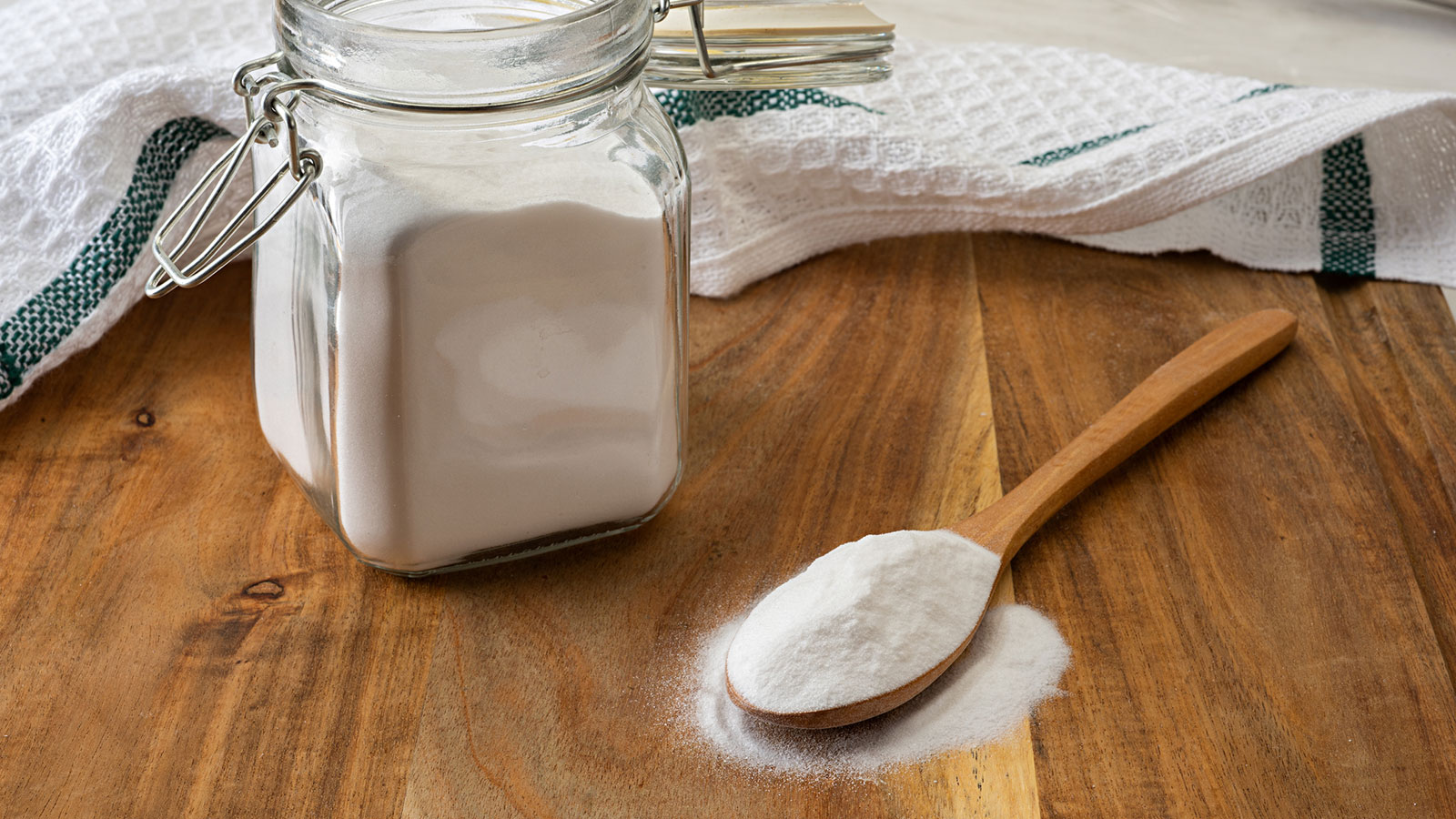Baking Soda for Fitness and Health: Benefits, Risks, and What You Need to Know
Baking soda, commonly found in many kitchens, is usually associated with tasks like absorbing odors, cleaning, or baking. However, some people are now adding it to their water, claiming it enhances exercise performance, helps with acid reflux, boosts energy levels, and more. But is it really beneficial? Experts say the answer is complex due to mixed research results, potential risks, and individual health differences.
What is Baking Soda?
Baking soda, also known as sodium bicarbonate, is an alkaline substance made up of sodium, hydrogen, carbon, and oxygen. It’s often used for neutralizing acids, which is why some people believe it can help with conditions like acid reflux. However, its effects on the body are not straightforward and can vary depending on how it’s used.
Potential Health Benefits
- Exercise Performance:
- Research dating back to the 1980s suggests that baking soda may improve exercise endurance, especially during short bursts of high-intensity activities like sprinting or cycling. The idea is that baking soda reduces acidity in muscles, which can delay fatigue and improve performance. Some studies have shown positive results when baking soda is taken 1-2 hours before exercise.
- Acid Reflux Relief:
- Baking soda may help reduce stomach acid and alleviate symptoms of acid reflux or indigestion. Since it’s an ingredient in many antacids, this potential benefit isn’t surprising.
- Kidney Health:
- Some studies suggest that baking soda may slow the progression of chronic kidney disease by reducing acidity in the blood. A recent study found that taking baking soda tablets helped slow kidney disease progression in patients with hypertension over five years.
- Inflammation Reduction:
- Preliminary research has indicated that baking soda may reduce inflammation, a risk factor for various health problems like heart disease and arthritis. However, this research is still in its early stages.
The Risks of Baking Soda
While baking soda has potential benefits, it also carries risks, especially when consumed in large quantities.
- High Sodium Content:
- Baking soda is high in sodium, with just one teaspoon containing over 1,200 milligrams. The American Heart Association recommends limiting sodium intake to 1,500 milligrams per day, especially for those with high blood pressure.
- Alkalosis:
- Consuming too much baking soda can lead to metabolic alkalosis, a condition where the body’s pH becomes too alkaline. This can cause serious health problems, including heart issues, confusion, and reduced oxygen flow to tissues.
- Digestive Issues:
- Taking large amounts of baking soda can cause digestive discomfort, including gas, nausea, and vomiting. It’s best to start with small doses, such as 1/4 teaspoon in a glass of water, to avoid these side effects.
- Interference with Medications:
- Baking soda can affect the absorption and effectiveness of certain medications. It’s essential to consult a doctor before adding it to your routine, especially if you’re on medication.
Consult Before Use
Baking soda is a versatile household item with potential health benefits, but it’s not without risks. Always consult with a healthcare professional before using baking soda for health purposes, as its effects can vary greatly depending on individual health conditions and dosages. For many health issues, following a balanced diet rich in fruits and vegetables remains the safest and most effective approach.
References:
- International Society of Sports Nutrition (2021)
- The American Journal of Medicine (August 2023)
- Grace Derocha, Academy of Nutrition and Dietetics
- Dr. Paul O’Connor, Medical College of Georgia
- Frances Largeman-Roth, Registered Dietitian Nutritionist
